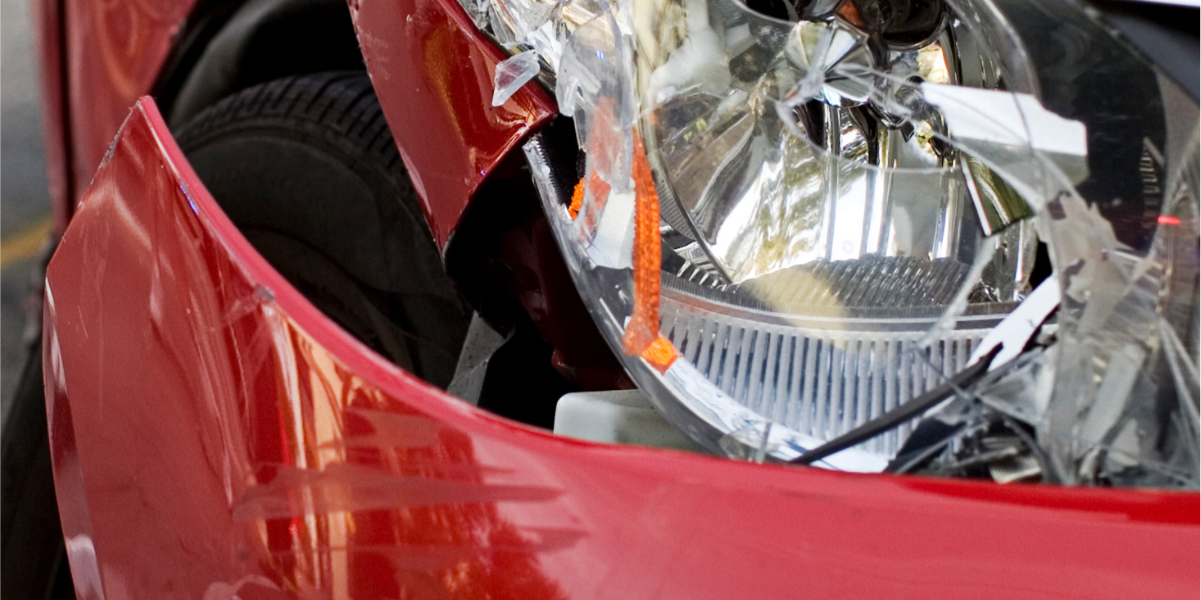Sleep apnea is surprisingly an often overlooked cause of automobile accidents. For most people, driving enables you to get from one place to another freely. It is generally an important part of your life and impacts your ability to work or obtain necessities. However, drivers should recognize that operating a vehicle is a complex skill that can be affected by changes in a person’s physical, emotional and mental health. One such influencing factor is sleep apnea. In this article, we discuss the potential implications of sleep apnea on driving.
What is Sleep Apnea?
Sleep apnea is a condition that impairs a person’s breathing while sleeping. A person with sleep apnea will have their breathing stop occasionally during sleep, resulting in decreased oxygen levels to the brain. The sleeping individual might partially or completely wake up when they stop breathing. Depending upon the severity of the condition, this could happen several times a night.
Due to the constant wake ups and lack of oxygen to the brain, a person with sleep apnea will often not obtain the sleep they need. They will frequently wake up feeling extremely tired and will struggle to stay awake during the day.
Sleep Apnea Can Impact Driving Ability
Untreated sleep apnea can significantly impact your ability to drive safely. The sleep deprivation experienced by sleep apnea patients will continue to affect them throughout the day. They could have trouble staying awake, remaining alert or reacting to driving situations. At its worst, a sleep apnea sufferer could actually fall asleep behind the wheel, creating an extremely dangerous situation for the driver and others on the road.
What Sleep Apnea Suffers Should Do to Increase Safety While Driving
Those suffering from sleep apnea can likely still drive, but they will need to take steps to ensure they do so in a safe manner. The first step is to receive treatment for your sleep disorder. Generally, a trained physician will be able to assist you in treating your sleep apnea in an effective manner. Even with treatment, it is important that you only drive when you are fully alert. If you feel tired while driving, you could, among other things, allow someone else to drive, take a nap in a rest stop or drink a caffeinated beverage.
If you suffer from sleep apnea, it would be wise to travel with a passenger who can make sure you are alert and do not fall asleep behind the wheel, at least until it is clear your sleep apnea treatment is successful. If your sleep apnea or daytime tiredness persists, you will need to seek additional medical attention and stay away from driving until it is under control.
Montlick Injury Attorneys: Exceptional Automobile Accident Attorneys Seeking the Best Results for Injured Accident Victims
If you have been injured in an automobile accident, contact the Georgia Car Accident Lawyers at Montlick Injury Attorneys. Our firm is dedicated to assisting those injured in all types of traffic accidents across Georgia and in the Southeast. We bring over 40 years of experience to your automobile accident case, providing you with the zealous representation you need to obtain the best possible outcome. The sooner you act after your injury, the greater your chances of obtaining a full recovery. As such, it is important that you seek the assistance of an attorney as soon as possible. Call Montlick Injury Attorneys 24 hours a day/7 days a week for your Free Consultation at 1-800-LAW-NEED® (1-800-529-6333). You can also visit us online at www.montlick.com and use our Free Case Evaluation Form or 24-hour Live Online Chat.


